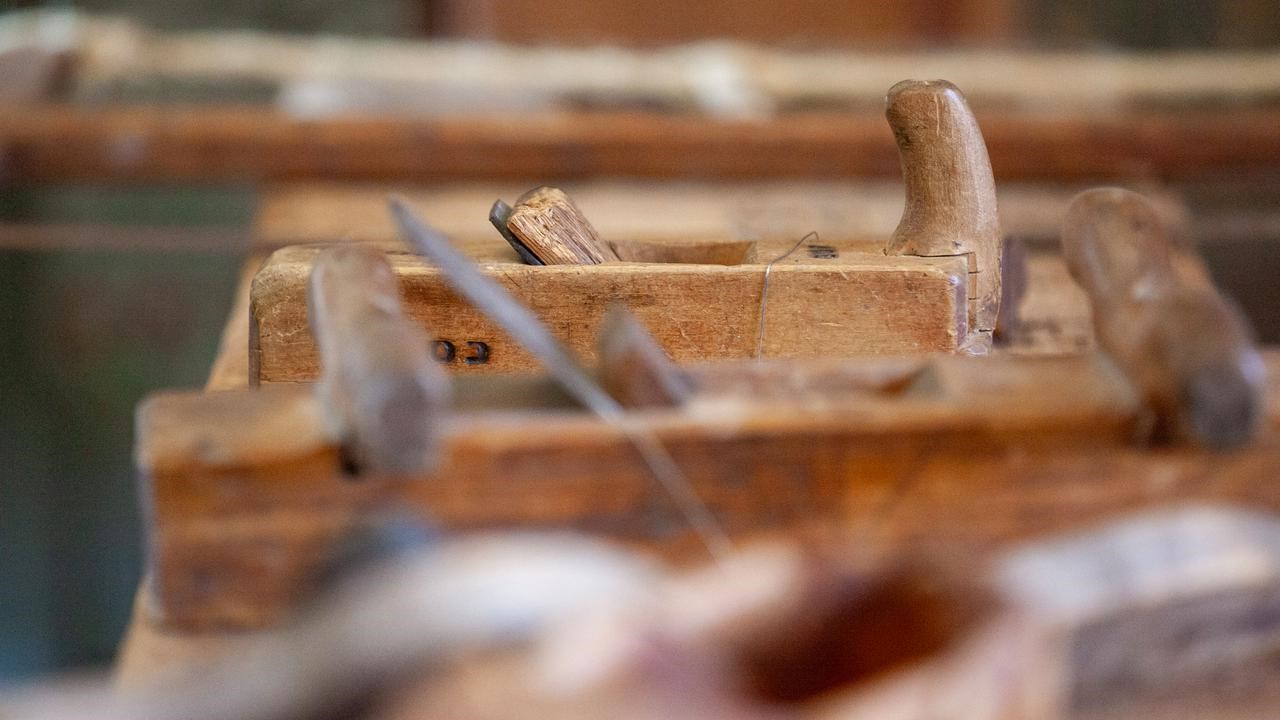NEWS At Umeå University there is a course where students from all over the world can learn more about timeless crafts, cultural history and food habits in Västerbotten.

The teaching takes place in a relaxed environment, which means that conversations are often open and personal.
Swedish Sloyd is an evening woodworking course focusing on carving and traditional woodworking culture in Västerbotten, says Magnus Wink, one of the teachers of the course, which is given at Umeå University and is aimed at exchange students.
“The students come from many different countries and often have no previous experience of handicrafts. They choose the course to get an insight into Swedish culture and to try their hand at crafts in a practical and creative environment,” says Magnus Wink.








He says they want to pass on a piece of our Swedish cultural heritage, particularly linked to crafts, he continues. By working with their hands – carving and shaping wood –students get a direct experience of the expression and meaning of woodwork.
“They will make objects such as knives, spoons and a certain “shrink wrap”, allowing them to try out practical techniques as well as to approach the cultural and historical context of wood work .
“The course is also a place for meetings between cultures – we encourage the students to reflect on their own cultural heritage, and one evening they shared it through short presentations, flavours or small objects from home”.
“The response is usually very positive. For many, it is the first time they have tried woodwork in a practical context. They appreciate the opportunity to work with materials such as wood, to use traditional tools and to learn techniques that are new to them.
“Several describe it as both educational and relaxing – a welcome break from more theoretical studies”.
In conclusion, Magnus Wink says that the teaching takes place in a relaxed environment, which means that conversations are often open and personal.
“A space is created where students from different parts of the world get the chance to compare life experiences and cultural perspectives. Through the crafts, it becomes natural to talk about differences in upbringing, landscape and traditions”.
Before the afternoon was over, everyone also got to take part in the springtime tradition of carving willow pipes under the supervision of Niklas Wahlström, one of the teachers on the course.